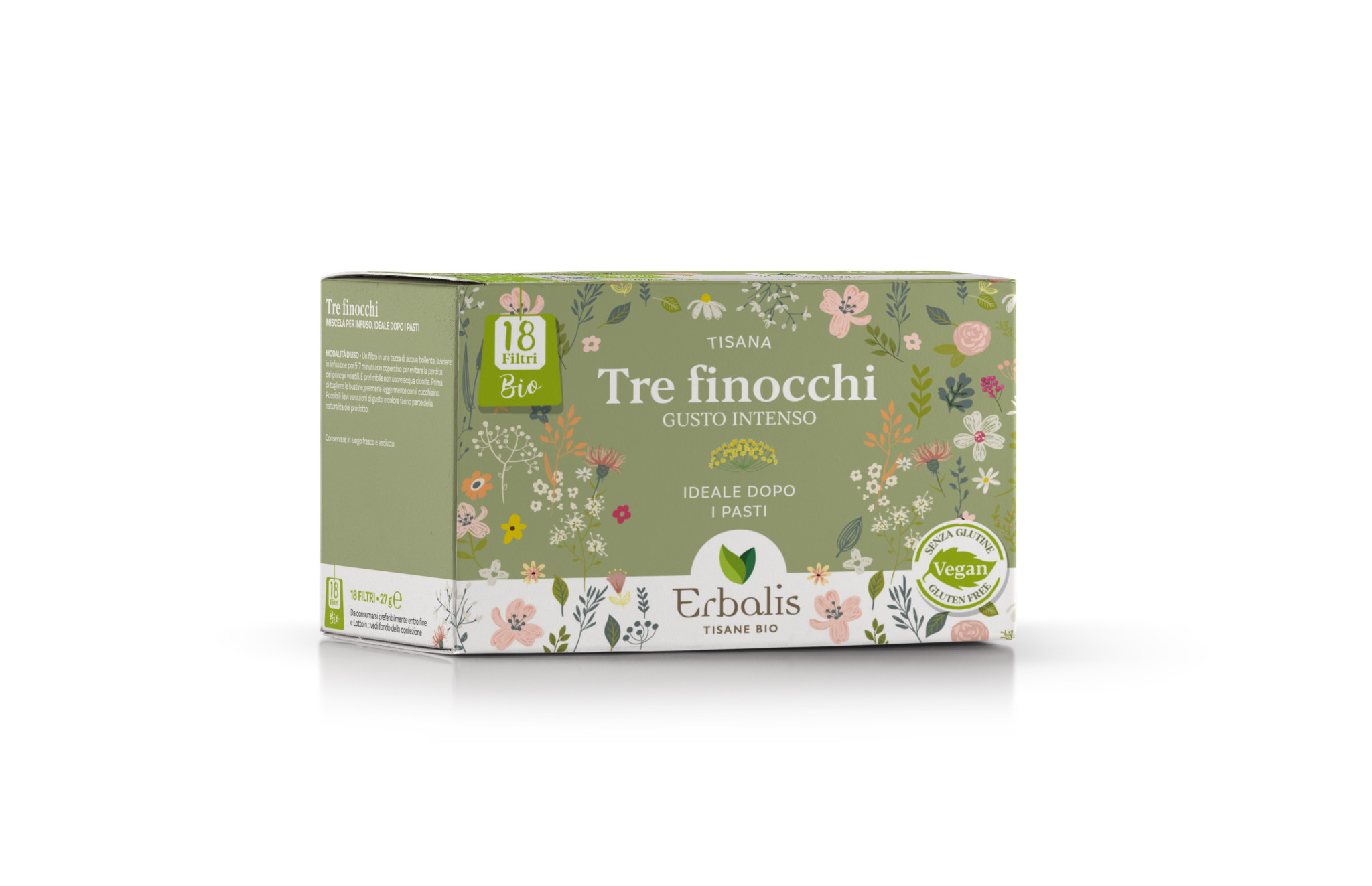BREASTFEEDING HERBAL TEAS
Find out which herbal teas can be freely consumed during breastfeeding, so that you don’t have to give up sips of well-being at such a delicate time.
Breastfeeding, like pregnancy, is a delicate period in which, out of caution, we tend to advise against the use of food supplements (and medicines) unless they are really necessary. Some active molecules present in plants and medicines can pass into milk and be absorbed by the newborn.
Galactogenic medicinal plants
There are, however, some plants that can help the mother if her milk production is low. These plants are known as galactogenic, i.e. they stimulate milk production.
The most widely used, already recommended by ancient Greek doctors, is fennel, Foeniculum vulgare (the infusion of seeds, as can be the organic herbal tea Three fennels from the Erbalis line, by Valverbe).
Other plants with a similar effect are chasteberry (Vitex agnus-castus), one of the most important plants for balancing the production of female hormones, alfalfa (Medicago sativa), verbena (Verbena officinalis), milk thistle (Silybum marianum) and galega.
The latter (Galega officinalis), however, has been shown to cause cardio-respiratory toxicity in sheep and cattle fed on it and is therefore not recommended for use in lactation.
Medicinal plants not recommended during lactation
There are, therefore, plants that are not recommended during this delicate period. In addition to galega, these include American ginseng (Panax quinquefolius), which causes insomnia, irritability and nervousness, and lemon balm (Melissa officinalis).
Sage (Salvia officinalis) and artichoke (Cynara scolymus) reduce milk production. When taken in food supplement doses. Sporadic consumption in cooking does not cause any harm.
There are also bitter plants that can alter the taste of breast milk, making it no longer palatable to the infant. These include gentian (Gentiana sp.), cinchona (Cinchona sp.) and Icelandic lichen (Cetraria islandica).
Finally, plants containing salicylates and sesquiterpene lactones should also be avoided, as these molecules can cause allergic reactions in infants. These plants include willow (Salix sp.), ginkgo (Ginkgo biloba), wormwood (Artemisia absinthium), tanacetum (Tanacetum sp.), enula (Inula sp.), Artemisia annua and the artichoke mentioned above.

